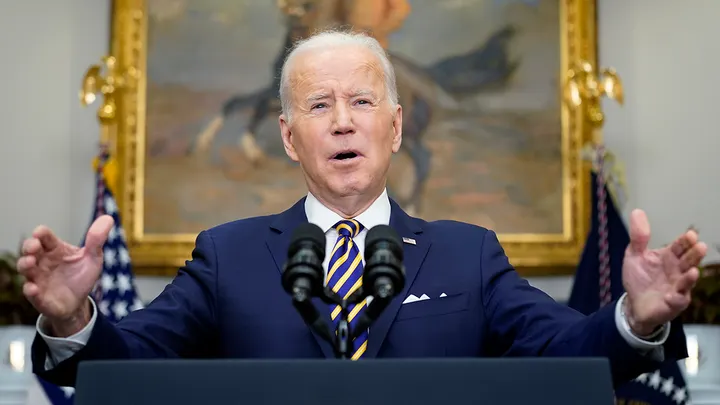
The conversation surrounding reparations for Black Americans has evolved significantly in recent years, reflecting the growing recognition of the enduring impact of slavery and systemic racism. While the topic remains contentious and complex, there is a renewed focus on addressing historical injustices and striving for racial equity.
Reparations, seen by proponents as a means to provide redress and rectify the wealth disparities resulting from centuries of oppression, have gained traction in both public discourse and legislative efforts. Democratic lawmakers have introduced bills and proposals at the federal level, emphasizing the need to study and address the ongoing effects of slavery and discrimination.
Despite the increased attention, the path to implementing reparations remains challenging. There are differing perspectives on how reparations should be structured, who should be eligible to receive them, and how they should be funded. These debates highlight the complexity of translating reparations from an idea into a practical and comprehensive solution.
Critics of reparations raise valid concerns about the practicality and fairness of implementing such measures. Questions regarding the allocation of resources, determining eligibility, and addressing potential unintended consequences remain unresolved. Skeptics argue that achieving racial justice requires a broader approach, encompassing systemic reforms, educational initiatives, and economic opportunities.
Local initiatives have emerged as important testing grounds for reparations. Cities like Evanston, Illinois, and Providence, Rhode Island, have launched programs to provide financial assistance and support to eligible Black residents. These localized efforts offer valuable insights into the practical challenges and potential benefits of implementing reparations on a larger scale.
The conversation surrounding reparations also extends beyond financial compensation. It includes broader discussions about structural racism, educational disparities, criminal justice reform, and wealth-building opportunities. While reparations are an essential part of the conversation, achieving comprehensive and lasting change requires addressing the systemic barriers that perpetuate racial inequalities.
It is essential to approach the conversation on reparations with empathy, respect, and an understanding of diverse perspectives. By fostering constructive dialogue, we can collectively work towards solutions that address historical injustices and promote a more equitable society.
The evolving conversation on reparations for Black Americans signifies a growing acknowledgment of the need to confront the legacy of slavery and systemic racism. While there are no easy answers, it is through open and honest dialogue, critical self-reflection, and meaningful action that we can strive for a future that embraces justice, equality, and opportunity for all.
Source Fox News

